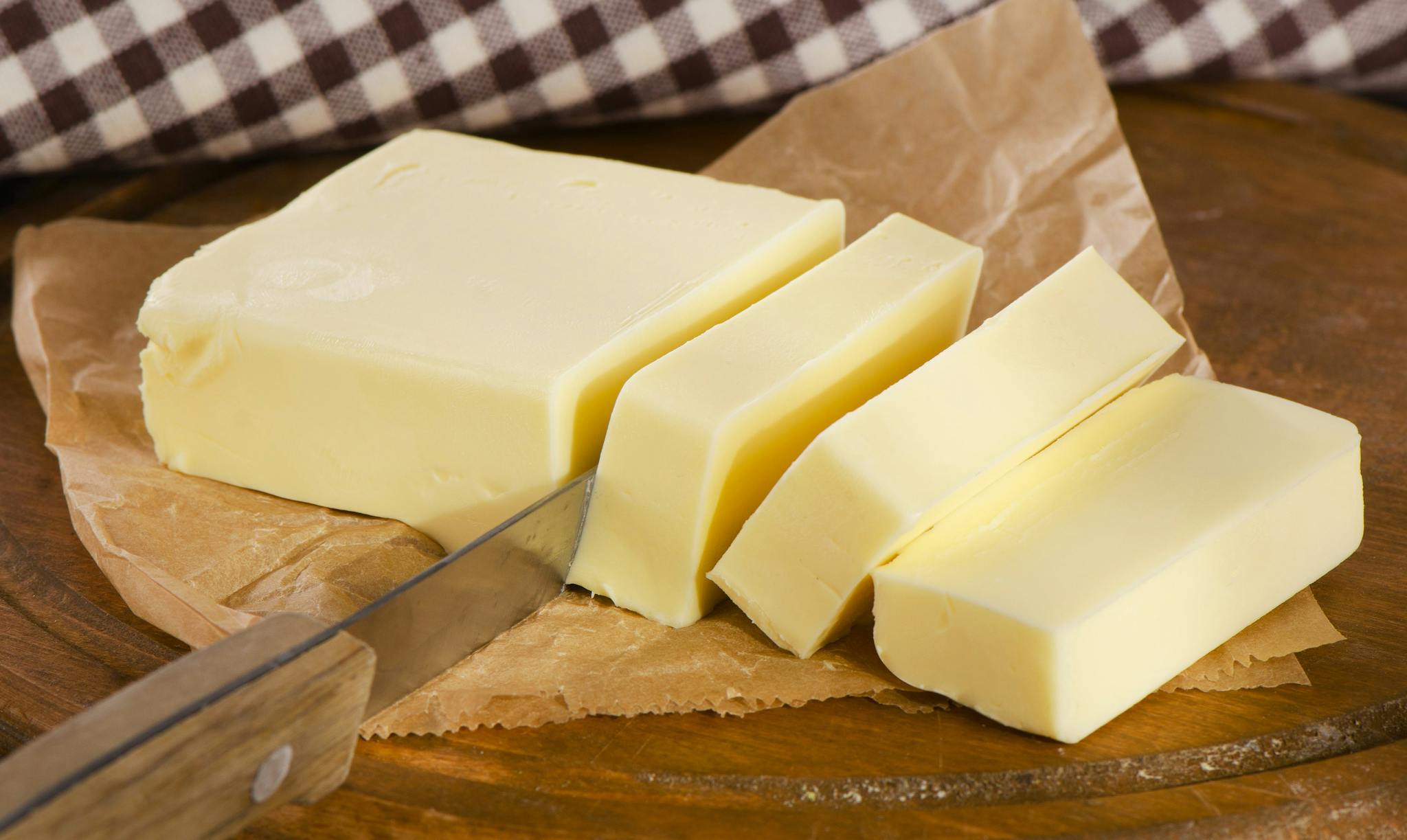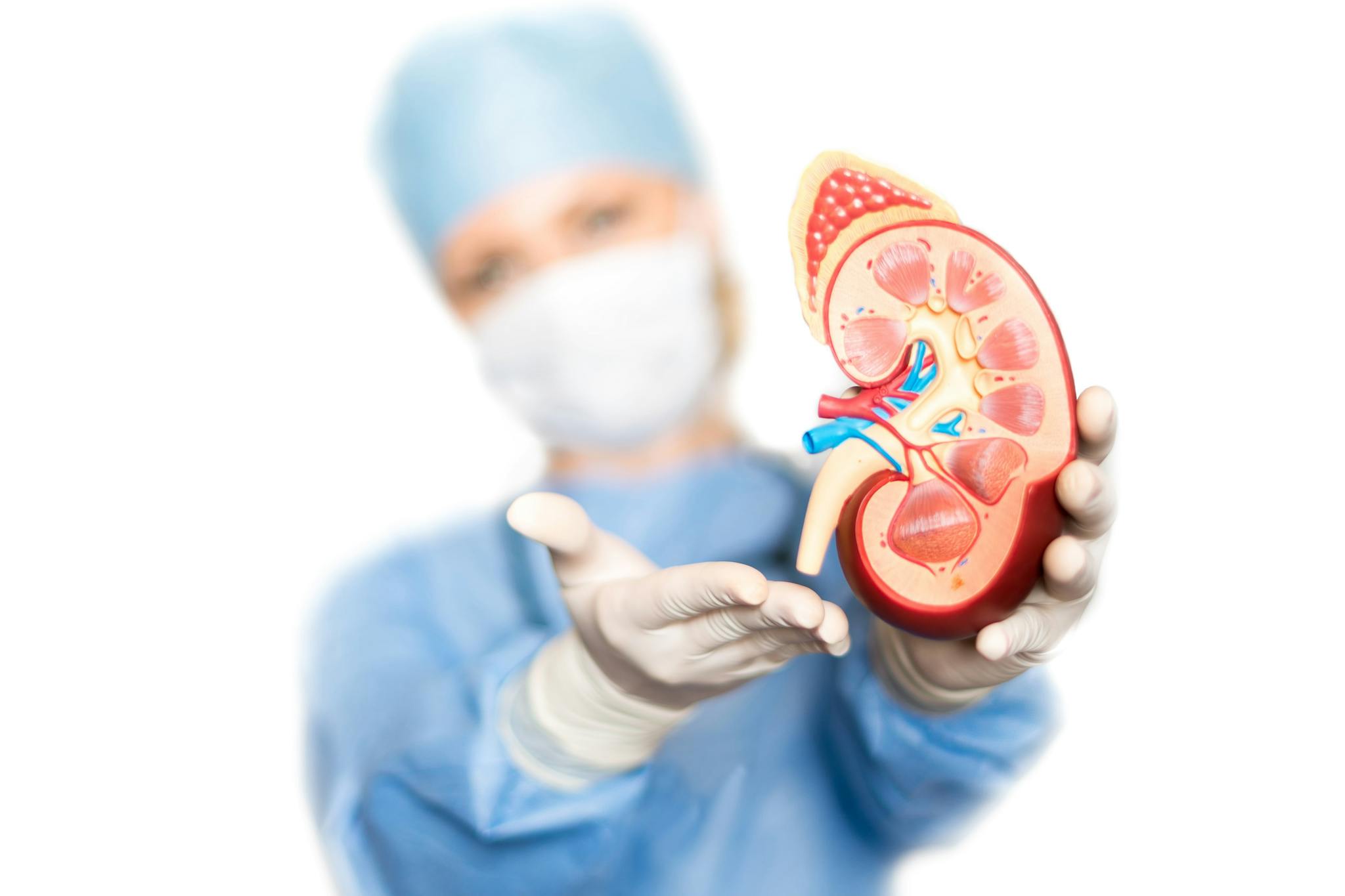
2023-02-15T16:39:02
Understanding Care Coordination & Its Value
- Nephrology
- Value-Based Care
August 25, 2016 | Nephrology
Specialties:Nephrology (Kidney Care)

Your diet affects the health of your kidneys, especially if you suffer from kidney disease.
Your kidneys perform many important jobs. They regulate the amount of fluid in your body, for example, and help control your blood pressure. Your kidneys also filter protein and minerals from your blood. Unhealthy kidneys do a poor job of filtering your blood, causing protein and minerals to build up in your system.
Controlling your blood pressure and blood sugar levels helps your kidneys stay healthy and can prevent kidney disease from worsening. Changing your diet by avoiding or limiting certain foods can also help protect your kidneys from further damage. A kidney-friendly diet limits those foods that contain large amounts of saturated fat, protein and certain minerals, including sodium, potassium and phosphorus.
Red meat contains a large quantity of protein. While your body needs some protein to grow, heal and stay healthy, too much protein makes your kidneys work harder.
Butter contains saturated fat, which increases your risk for heart disease. The National Kidney Foundation notes that heart disease is a major risk factor for kidney disease and vice versa. Consume less butter, lard and shortening to reduce your intake of saturated fat and lower your risk for heart and kidney disease.
Peanuts contain oxalates, a type of mineral found in kidney stones. In fact, calcium oxalate kidney stones are the leading type of kidney stones, according to the National Kidney Foundation. If you have had a calcium oxalate kidney stone in the past, limiting your intake of food that contains oxalates can reduce your risk for developing another stone.
While vegetables are very good for you, canned vegetables usually contain a large amount of sodium. Having too much sodium in your system makes it difficult for your kidneys to remove excess fluid from your bloodstream. Switch to fresh or frozen vegetables whenever possible; otherwise, rinse canned vegetables with water before you cook them.
Processed meats contain a significant amount of sodium and protein, both of which are hard on your kidneys. Switch to lean cuts of whole meats.
Avocados contain potassium, a mineral that controls nerve and muscle function. Potassium helps your heart maintain a regular rhythm and is necessary for controlling fluids, electrolyte balance and pH level.
Excess potassium in the blood, a condition known as hyperkalemia, often occurs in people with advanced stages of kidney disease. Signs and symptoms of hyperkalemia include nausea, weakness, numbness and a slow heart rate.
Liver and other organs meats have high concentrations of purine. Excess purine stimulates the production of uric acid, which settles into your joints in the form of crystals or into your kidneys as kidney stones.
WRITTEN BY:
The Live Better Team


2023-02-15T16:39:02

2019-10-10T13:34:53

2019-04-03T13:30:08

2018-03-19T11:05:38
This information is not intended to replace the advice of a medical professional. You should always consult your doctor before making decisions about your health.